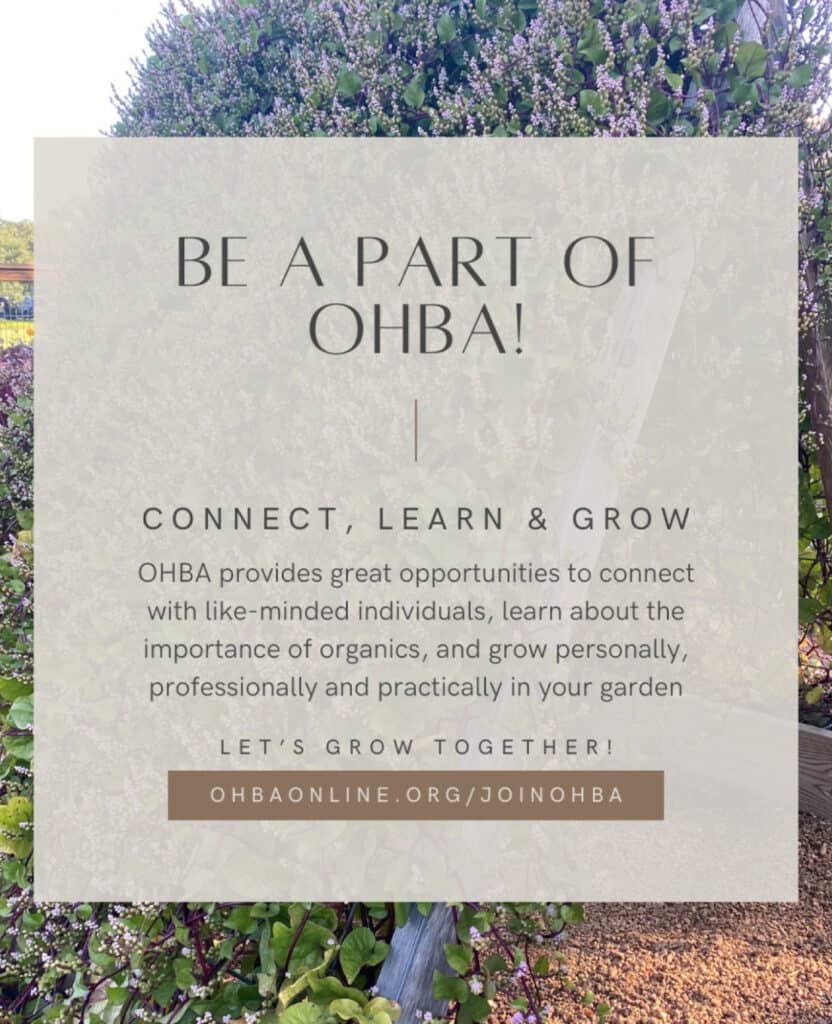John's Corner:
Soil & Plants (Part 85)
News from the Wonderful World of Soil & plants 85
By: John Ferguson
I attended the national prairie conference held at the University of Houston Clear Lake last week. One of the presentations I found very interesting was on water retention in landscapes. New research presented had found that plants (especially forests) can call the rain. We have known for some time that nuclei can cause water drops to form. It has been discovered that nano-particles produced by plants (directly or indirectly) cause water droplets to form (e.g. rain). These may be in the form of salt particles, hydroscopic microorganisms, or even ice crystals. This is a new branch of research called “elemental ecosystems” where individual parts of an ecosystem work together for a common good.
A two years study at Clemson University has found that cover crops do not deplete soil moisture as once believed. Previously the assumption was that more plants would use more water hence less was left in the soil for cash crops to use. They studied different mixes of cover crops and found that all mixes of species used for the cover crops retained more or equal amounts of water compared to the controls. This benefit held even after one month of termination of the cover crop. SSARE On Farm Research Grant (OS18-118).
Research at Purdue University has found that the plant disease called Phytophthora of which there are many species have begun to hybridize and attack plants previously immune. (2019).
As in most soil diseases the best defense is a healthy soil high in organic matter and full of beneficial microbes.
A summary of the Global Assessment on Biodiversity was released on May 6, 2019. It found that 23 percent of our agricultural lands are less productive that just 5 years ago. Through subsidies, the government promotes policies that destroy soil health. These policies subsidize soil degradation and biodiversity loss. It is time to reward farmers that promote soil health and biodiversity rather than those that destroy.
As a result of the trials against Monsanto and its flagship product Round-Up, more and more disturbing information is coming to light. One example is The American Council on Science and Health (ACSH) which is a nonprofit organization that claims to be independent, but in reality, is an industry front group. Their whole purpose is to discredit scientists reporting on the dangers of toxic chemicals so government takes no action to protect its citizens. Besides Monsanto, funding for this front group has come from companies Syngenta, 3M, tobacco companies like Altria, Bayer, Procter and Gamble, Coca-Cola, etc. The Dr. Mercola newsletter has had several articles on this subject for those whom want to learn more.
This article by Dr. Mercola talks about all the different health problems caused by exposure to glyphosate (Round-Up) in our food supply.
The book below is a good introduction to how corporations are manipulating science to line their pockets with money at the expense of our health and planet.
Merchants of DOUBT: How a handful of scientists obscured the truth on issues from Tobacco smoke to global warming, by Naomi Oreskes and Erik M. Conway, Bloomsbury Press, 2010, ISBN: 978-1-59691-610-4
Additional information on front groups can be found below for those whom are interested.
Read more
Additionally, the Dr. Mercola website has a new section on gardening:
Read more
Researchers are expressing hope for the future of Houston’s breathable air, despite the city’s poor rankings in the American Lung Association’s 2019 ‘State of the Air’ report. The report, released in April, ranked Houston ninth nationally for worst ozone pollution and 17th for particle pollution. Researchers say replacing at least 35 percent of Houston’s gasoline cars and diesel trucks with electric vehicles by 2040 will reduce pollution and improve air quality by 50 percent. Cornell University, published in the journal Atmospheric Environment, 2019. What the report fails to mention is that by planting more trees and gardens we can clean up the air even more. Using modern building techniques with green roofs, living walls, more parks and green space, etc. will also reduce air pollution and reduce flooding.
A study published in Environmental Science and Technology (May, 2019) has found that certain tree species are very effective in scrubbing toxic particles from the air. They found that Birch removed 79% of the particles and Yew and Elder removed around 70%. A couple years ago I visited a site along Spring Creek where there were large stands of native river birch trees.
At the time I was told that Harris County Flood control planned to remove them to increase stream flow during flood events. As a society we need to look at how the eco system works and not look at problems in isolation.
Around 100 years ago the American chestnut tree was attacked by the introduced fungal pathogen (Cryphonectria parasitica). This pathogenic fungus drove the chestnut to functional extinction. Biotech companies like Monsanto have been making claims for years about the benefits of genetic engineered plants (GMO’s). All that GMO’s have accomplished to date is increase the sales of Round-Up over 20-fold or more since they were introduced a couple decades ago creating massive health problems in society and super weeds. It appears that genetic engineers are at it again by this paper on the American Chestnut published today (Wed, 12th June, 2019) in Independent Science News is warning us of the dangers.
The GE American Chestnut – Restoration of a Beloved Species or Trojan Horse for Tree Biotechnology? by Rachel Smolker, Ph.D. (Biofuelwatch) and Anne Petermann (Global Justice Ecology Project)
Read more
“Synopsis: Why rush the GE chestnut into regulatory review when even its’ own creators recognize it cannot fulfill the goal of species restoration? Because the engineered chestnut – using “nothing but a wheat gene” to “restore a beloved iconic species” is a public relations tool for winning over public opinion toward GE trees, and for the use of biotechnology as a “tool of conservation”. This is a strategy that biotechnology industry proponents expect will soften public opposition and open up the potential for commercializing a wide array of GE trees.”
I was asked a while back why I talk about environmental and health issues in a gardening newsletter. There are many reasons since the obsolete toxic chemical rescue methods of gardening and agriculture are the source of many of society’s problems. Another reason, as a Christian we are told to “love our neighbors as ourselves”. The obvious corollary is we do not do things to hurt people AND we do things to help people. One way we help is through knowledge. To paraphrase several verses from the Book of Proverbs: If one does not obtain knowledge about a subject, they will not make wise decisions and they will suffer the consequences.

